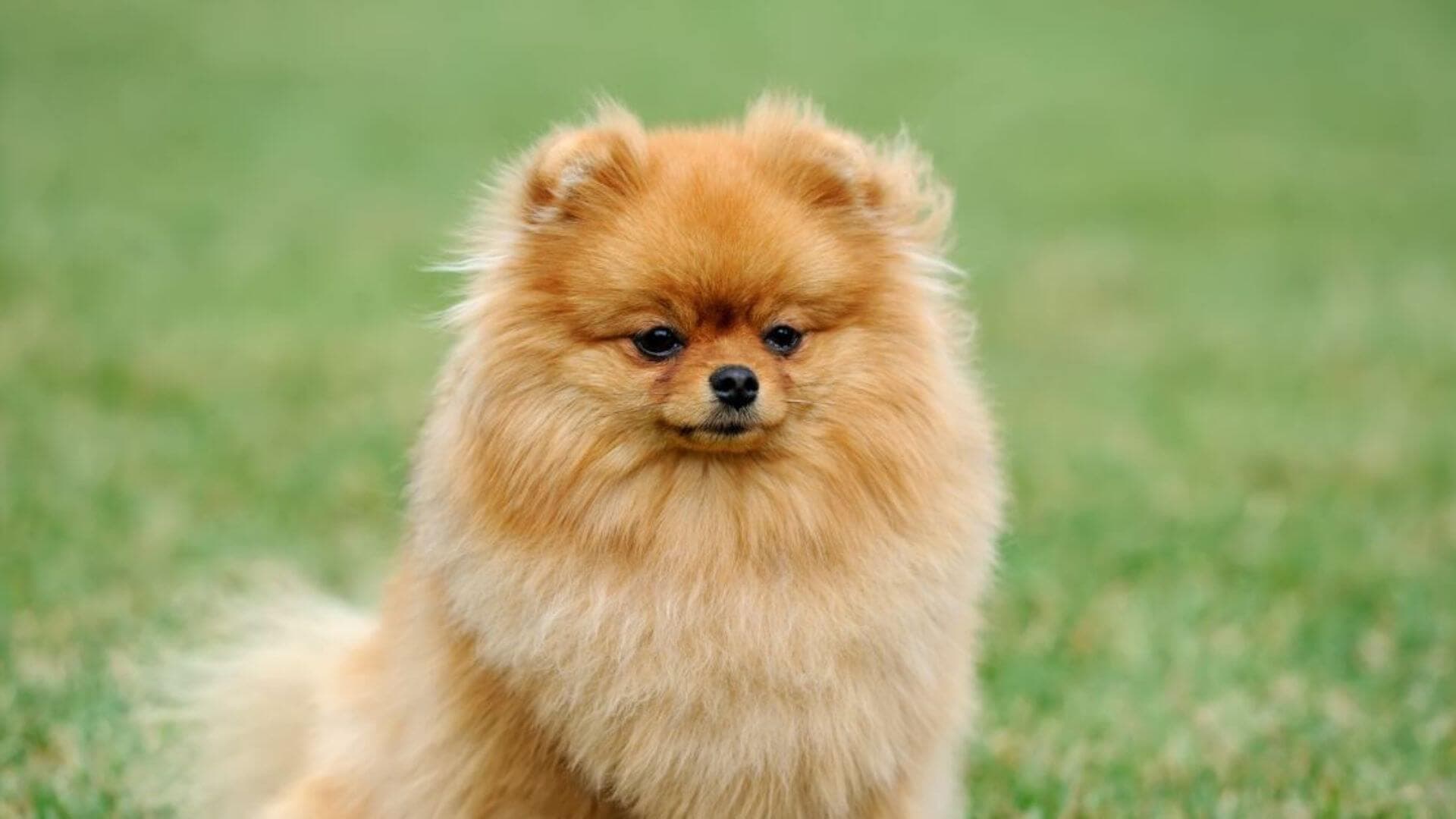
Welcome endless love, playful energy, and devoted companionship into your home. Find your perfect Pomeranian from caring, responsible breeders.
Discover the magic that makes Pomeranians beloved family members worldwide
Size: Toy
4-7 lbs ideal weight
Height
6-7 inches at shoulder
Years of Love
12-16 years of cherished memories
Temperament
Alert, curious, bold, lively
Ideal size for any living situation, from apartments to estates. Portable and adaptable.
Confident, intelligent, and eager to please. Excel at learning tricks and bringing joy.
Form incredibly strong bonds with families. Their devotion and loyalty are legendary.
Natural watchdogs who alert you to visitors while maintaining a friendly disposition.
Choose the perfect Pomeranian companion for your family's unique journey
Perfectly sized companions bringing endless joy and devotion to your home
Value Factors:
Exceptional Pomeranians showcasing breed perfection and star quality
Value Factors:
Special colors and exceptional genetics for discerning enthusiasts
Value Factors:
Your investment in a well-bred Pomeranian from a caring breeder means a lifetime of love, laughter, and loyalty. Quality breeders invest in health testing, proper socialization, and ongoing support - giving your puppy the best possible start for a long, joyful life together.
Browse fluffy Pomeranian puppies and dogs from verified sellers

Pomeranian

Pomeranian

Pomeranian mix

Pomeranian mix

Pomeranian mix

Pomeranian mix

Pomeranian

Pomeranian
Considerations for different age groups when adopting a Pomeranian
Essential steps to ensure your perfect match and lifetime of happiness
Can I meet both parents and see their health clearances?
What health testing has been done on the puppy?
Do you provide lifetime support for your puppies?
Can you share references from previous buyers?
What socialization has the puppy received?
What health guarantee do you provide?
Planning for a lifetime of adventures, love, and cherished memories together
Every moment with your Pomeranian is an investment in joy. Smart planning with pet insurance, regular wellness care, and a loving home ensures your companion thrives. The memories you'll create together - from first puppy kisses to senior snuggles - are treasures beyond any price tag.
Comprehensive health testing creates confident, healthy beginnings
OFA or veterinary certification ensures strong, healthy knees for active play
Heart clearance by specialist confirms a strong heart ready to love
Annual CERF/OFA exam ensures bright, healthy eyes for years to come
Early dental evaluation sets foundation for lifelong oral health
Responsible Pomeranian breeders go above and beyond to ensure healthy puppies. Through comprehensive testing including patella evaluations, cardiac exams, and genetic screening, they're creating healthier generations. When you choose a breeder who celebrates health testing and longevity in their bloodlines, you're investing in your puppy's brightest possible future. Combined with pet insurance and regular wellness care, your Pomeranian can enjoy a long, vibrant life filled with joy and adventure.
Real stories from dog owners who found perfect homes on Petmeetly
It went absolutely great! I have her now, and I love her to death
Raychel Ellen Price
Texas, US
Yes, everything is fine. Everything went just great! I sold both pups but kept the smallest for myself this year. Everyone, meet Mr. Franklin! He was just too small to sell, and I got attached real quick… lol

Harry Musgrave
Kentucky, US
It was great! Max has found a new home now, thanks to Jamie.

Harry Musgrave
Kentucky, US
Understanding the beautiful variety in Pomeranian lines and colors
Orange & Red
Classic vibrant colors, most popular
Cream & White
Elegant, fluffy cloud appearance
Black & Chocolate
Rich, lustrous solid colors
Price range: $800-$2,000
Standard color pricing
Blue & Lavender
Unique dilute colors, very rare
Parti & Merle
Striking patterns and combinations
Sable & Wolf Sable
Beautiful shaded coats
Price range: $1,500-$4,000
Premium for rare genetics
While rare colors can be stunning, remember that health, temperament, and breeder quality matter most. A well-bred Pomeranian of any color from a caring breeder will bring you years of joy. Focus on finding a breeder who prioritizes health testing and proper socialization - the perfect color is just a beautiful bonus!
Get answers to common questions about buying Pomeranians responsibly
Your investment in a Pomeranian companion ranges from $800-$5,000. Family companions: $800-$2,000 for wonderful pets. Show quality: $2,000-$5,000+ for exceptional examples. Special colors: $1,500-$4,000 for unique beauties. Quality breeders invest in health testing and socialization to give your puppy the best possible start in life.
Pomeranians make wonderful companions for families with older children who understand gentle handling. Their small size makes them perfect for apartment living, and their devoted nature creates strong family bonds. They thrive with patient training and consistent socialization, becoming confident, loving family members.
Responsible breeders prioritize health through comprehensive testing including patella evaluations, cardiac exams, eye clearances, and dental assessments. They focus on breeding for longevity and vitality. Pet insurance provides peace of mind for any health needs throughout your Pomeranian's life.
Pomeranians pack enormous personality into their compact frames! They're intelligent, eager to please, and form incredibly strong bonds with their families. Their alertness makes them excellent watchdogs, while their playful nature brings daily joy. With proper training and socialization, they become confident, well-adjusted companions.
Discover puppies and dogs for sale from various breeds and find your perfect companion
Connect with caring Pomeranian breeders who prioritize health, happiness, and lifelong support